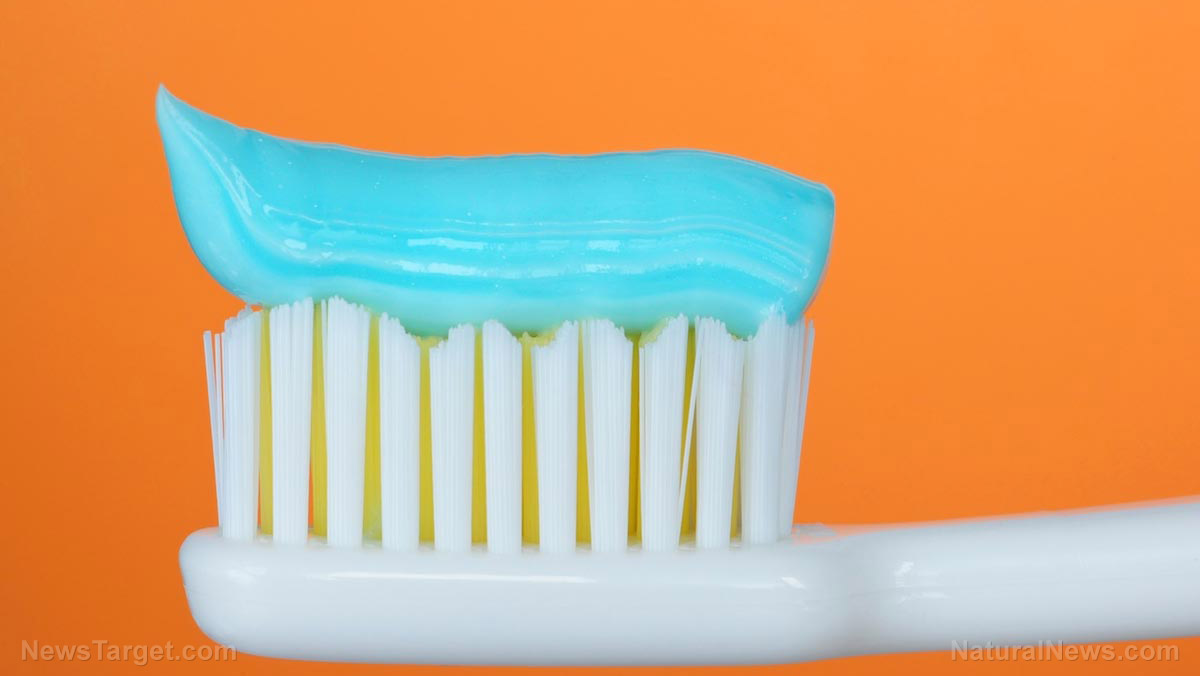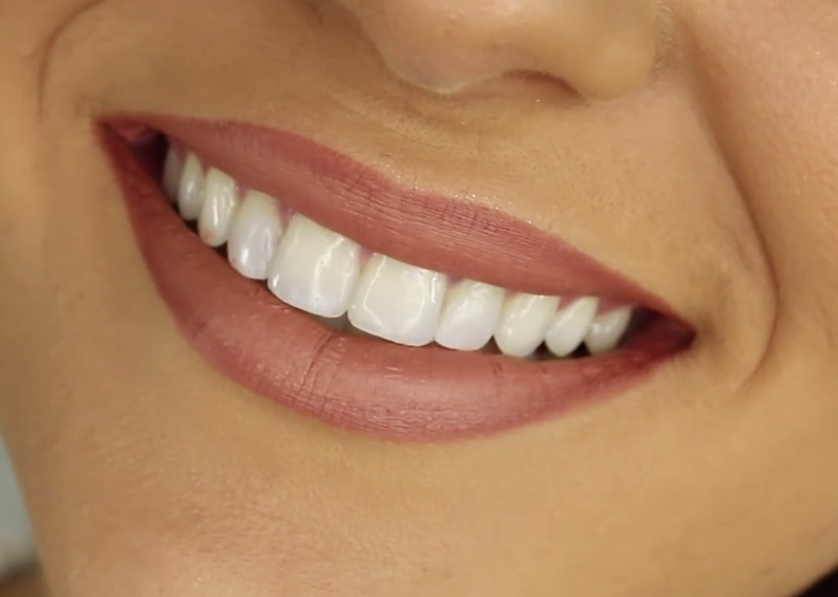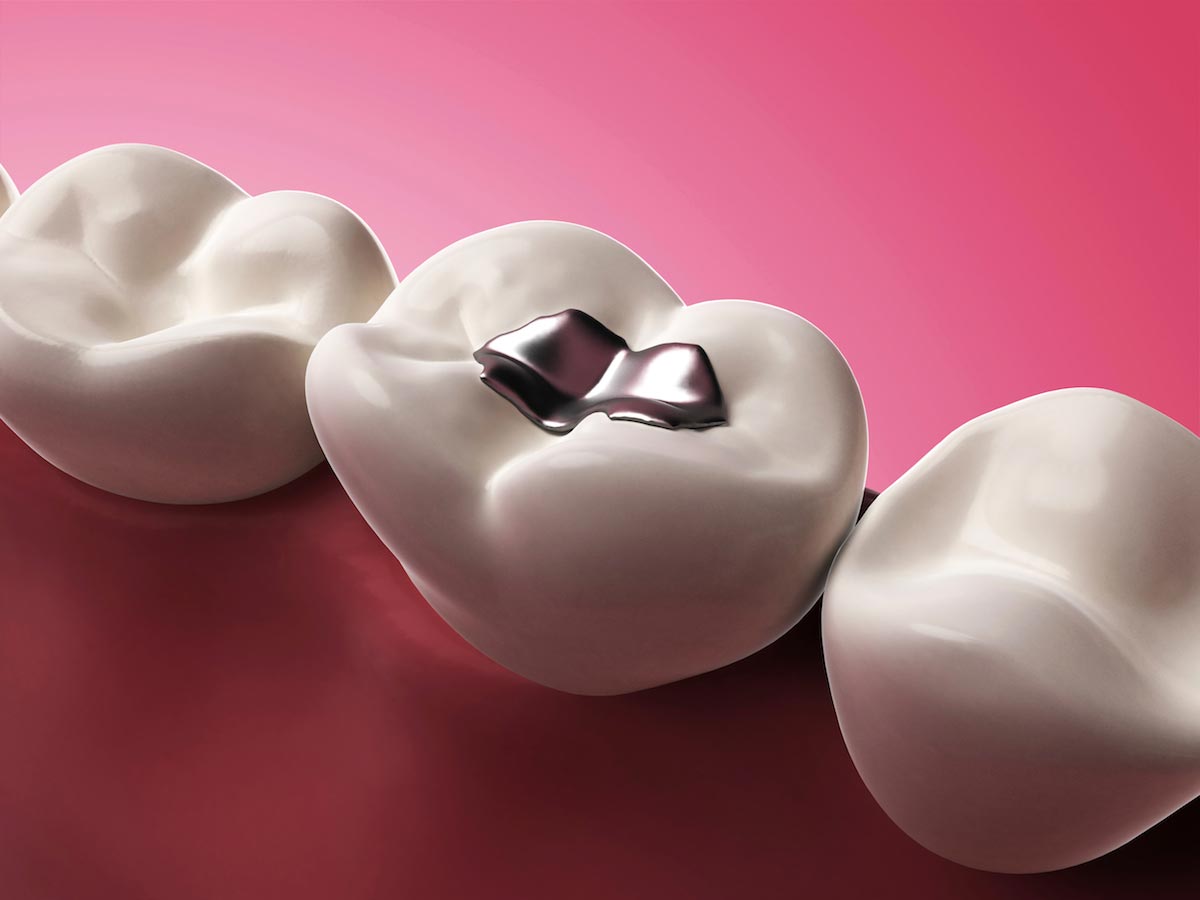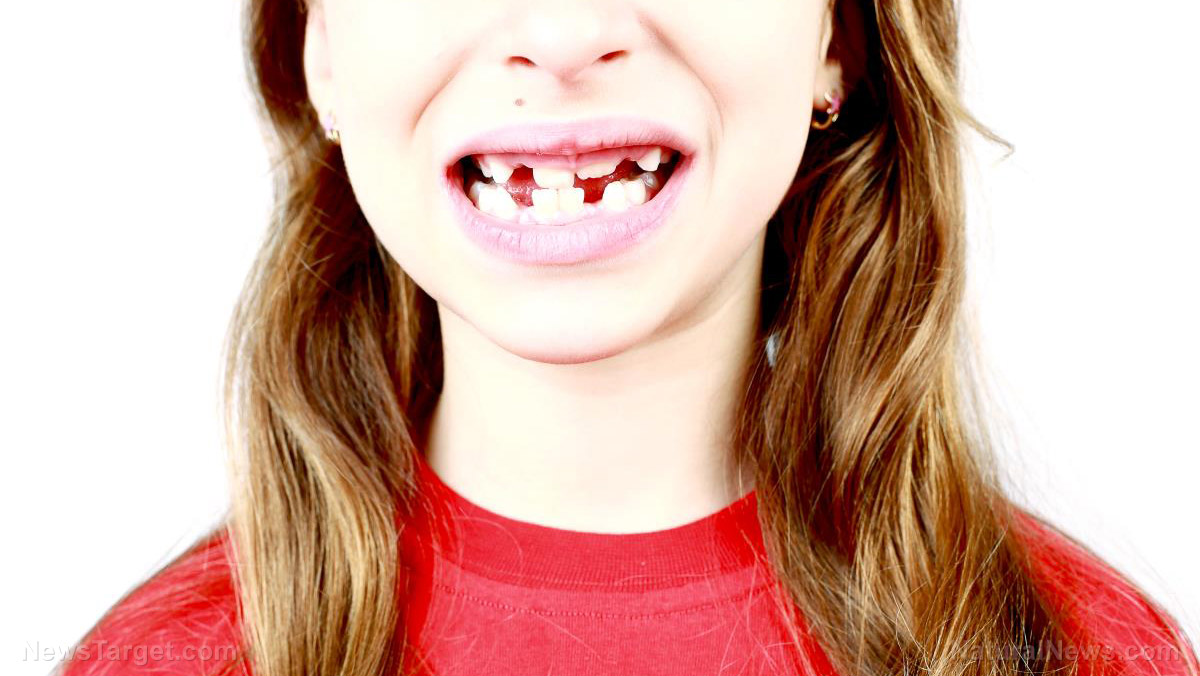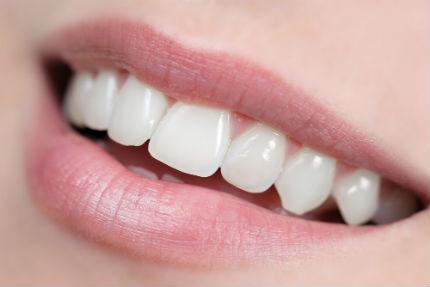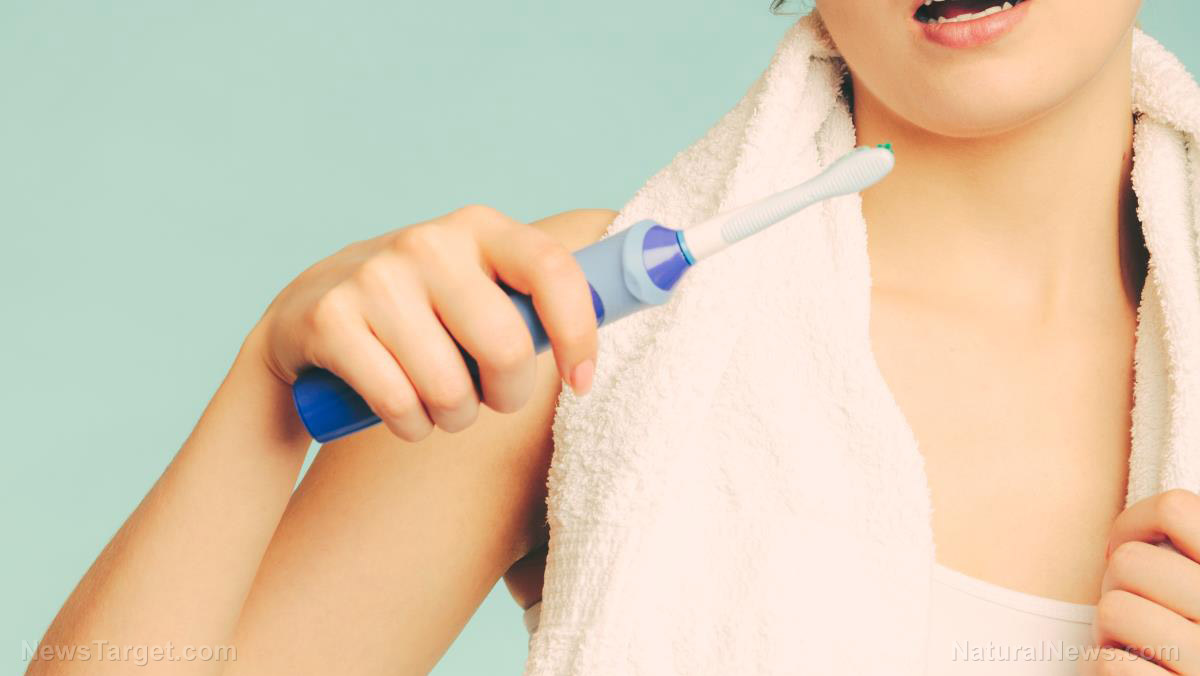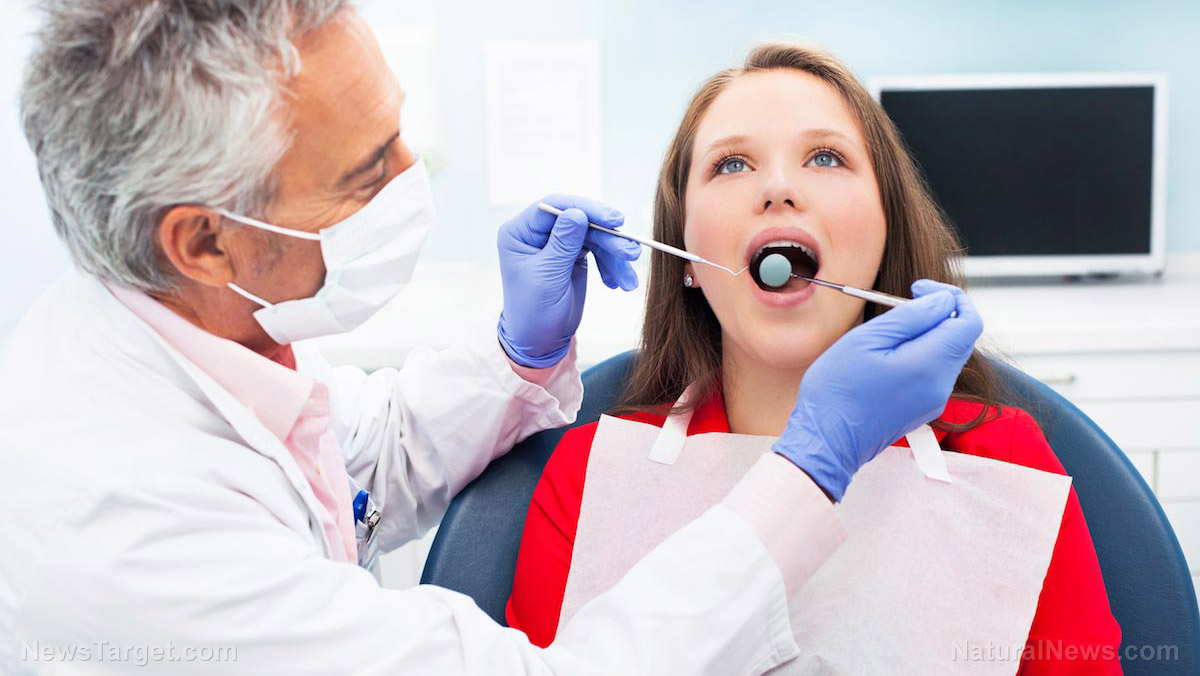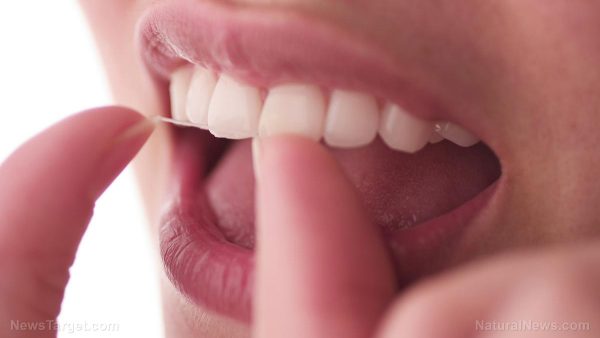Contrary to what your dentist may tell you, you CAN reverse tooth decay, new research finds
09/10/2017 / By Jhoanna Robinson
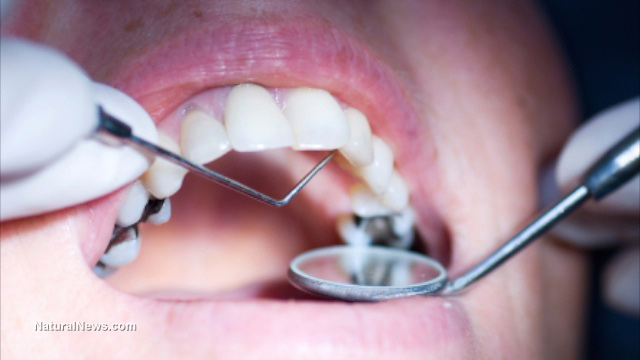
A recent study brings good news to people who have a sweet tooth and those who neglect to properly brush their teeth. Scientists were able to discover that teeth have the ability to reverse tooth decay; meaning, traces of such tooth damage can be totally gone, thus doing away with the necessity to undergo oral surgeries or have tooth fillings.
What would this miracle entail? Simple, researchers said. Just take a single aspirin.
“Our initial research findings in the laboratory suggest that the use of aspirin, a drug already licensed for human use, could offer an immediate innovative solution enabling our teeth to repair themselves,” principal investigator, Professor Ikhlas El Karim, a senior lecturer in the School of Medicine, Dentistry and Biomedical Sciences at Queen’s University Belfast (QUB), said.
“Ideally, what we’re reporting here is that we’re hoping to be able to develop a therapy [so] that the teeth could repair themselves,” Karim added. (Related: Stop gum pain and tooth decay with sustainable dentistry.)
What the researchers did was collate previous research data to be able to point to aspirin as a compound that can induce the gene signature that is needed to make new dentine. Having done so, the QUB scientists treated stem cells in a Petri dish and identified “genetic and also material evidence that it can produce dentine”.
“The next step is to go and try and figure out how you are going to apply the aspirin to the teeth, to regenerate the dentine, and to replace the need for fillings. You need to put it [on the tooth] in a way that bit can be easily released over a long period of time, if you put an aspirin now on a cavity, it’s going to be washed away.
We are not encouraging that, there is a scientific way to go about this, so that we produce a final product that can be used by a dentist, not by a patient. The next step is to work with our pharmacy colleagues to try to develop a vehicle to put it in to the teeth, after the clinical trials,” Karim said.
The fact that aspirin is already a commercially-manufactured product is a boon to the dental industry’s longing to have this endeavor materialize.
“We are not really talking about 10 or 20 years time, it will probably be in the near future that it could be tried in a clinical trial with patients. This novel approach could not only increase the long-term survival of teeth, but could also result in huge savings for the [National Health Service] and other healthcare systems worldwide,” Karim concluded.
Aspirin, which is also called acetylsalicylic acid, is a drug that has been popular for many years now as an effective painkiller. It has anti-inflammatory properties, and is used to soothe headaches, menstrual cramps, and muscle pain. People can get it for merely a penny a tablet.
According to recent data, tooth decay is one among the most common tooth ailments in the world today; it affects a third of adults the world over. Also, it is the number one problem in the teeth of children who are residing in the United Kingdom.
Tooth decay happens when oral acids dissolve the enamel and dentine of the teeth, causing black holes or cavities to form within, around, or on the teeth. The oral acids are caused by bacteria that are found within the plaque – a sticky and thin film – that gets deposited in and around our teeth.
Fillings are usually used to prevent bacteria from totally ruining a single tooth by hindering the cavity from reaching the tooth’s most critical component: the pulp.
Normally, our teeth do not recuperate from the onset of cavities. If worse comes to worst, they can produce a thin band of dentine – the layer just below the enamel – if the inner dental pulp becomes exposed, but other than that they can do nothing: a large cavity cannot possibly be repaired.
Read up on more stories such as this one at Dentistry.news.
Sources include:
Tagged Under: dental health, dentine, dentistry, plaque, teeth, tooth decay, tooth enamel

